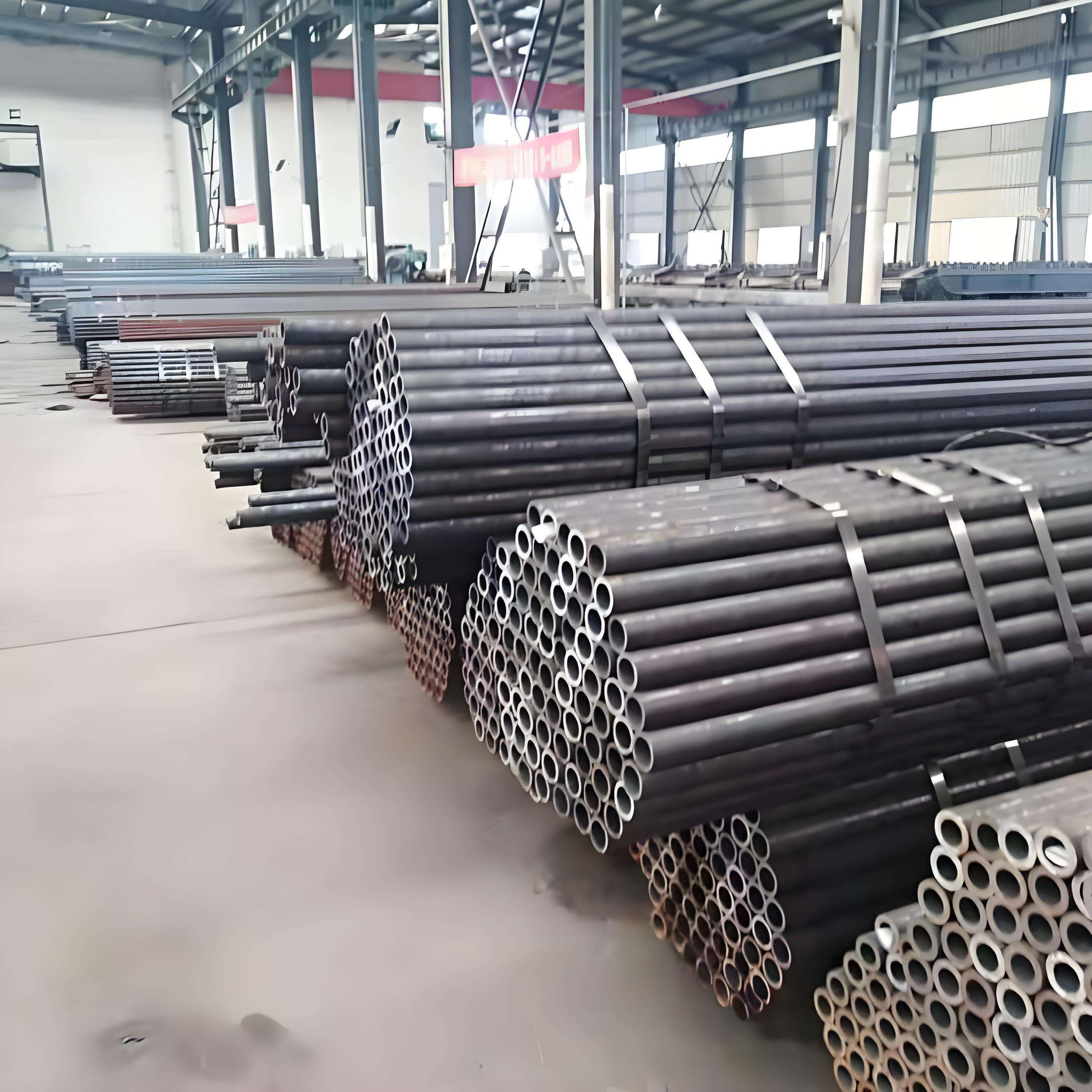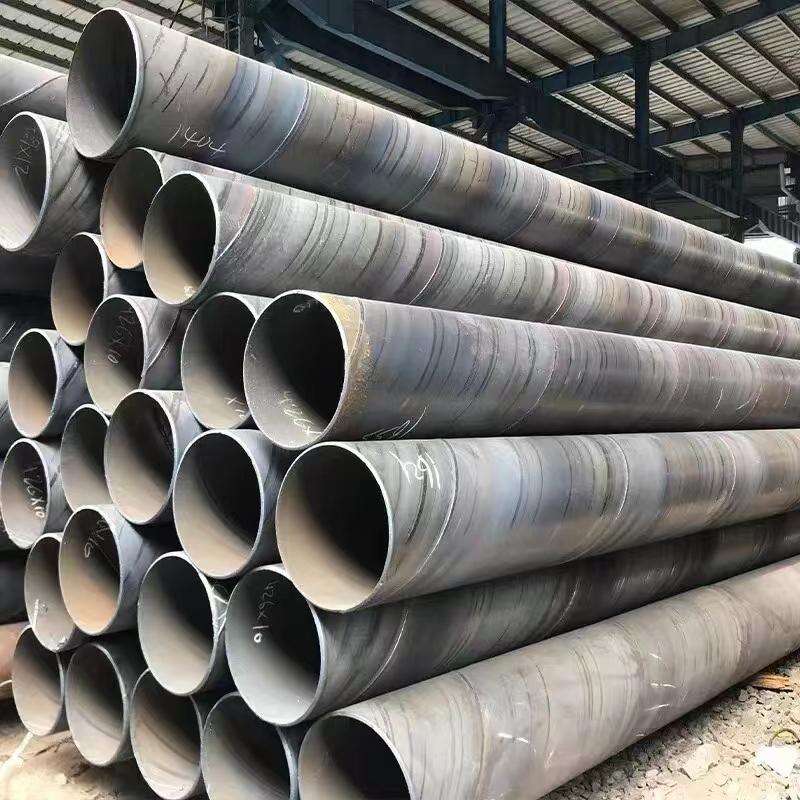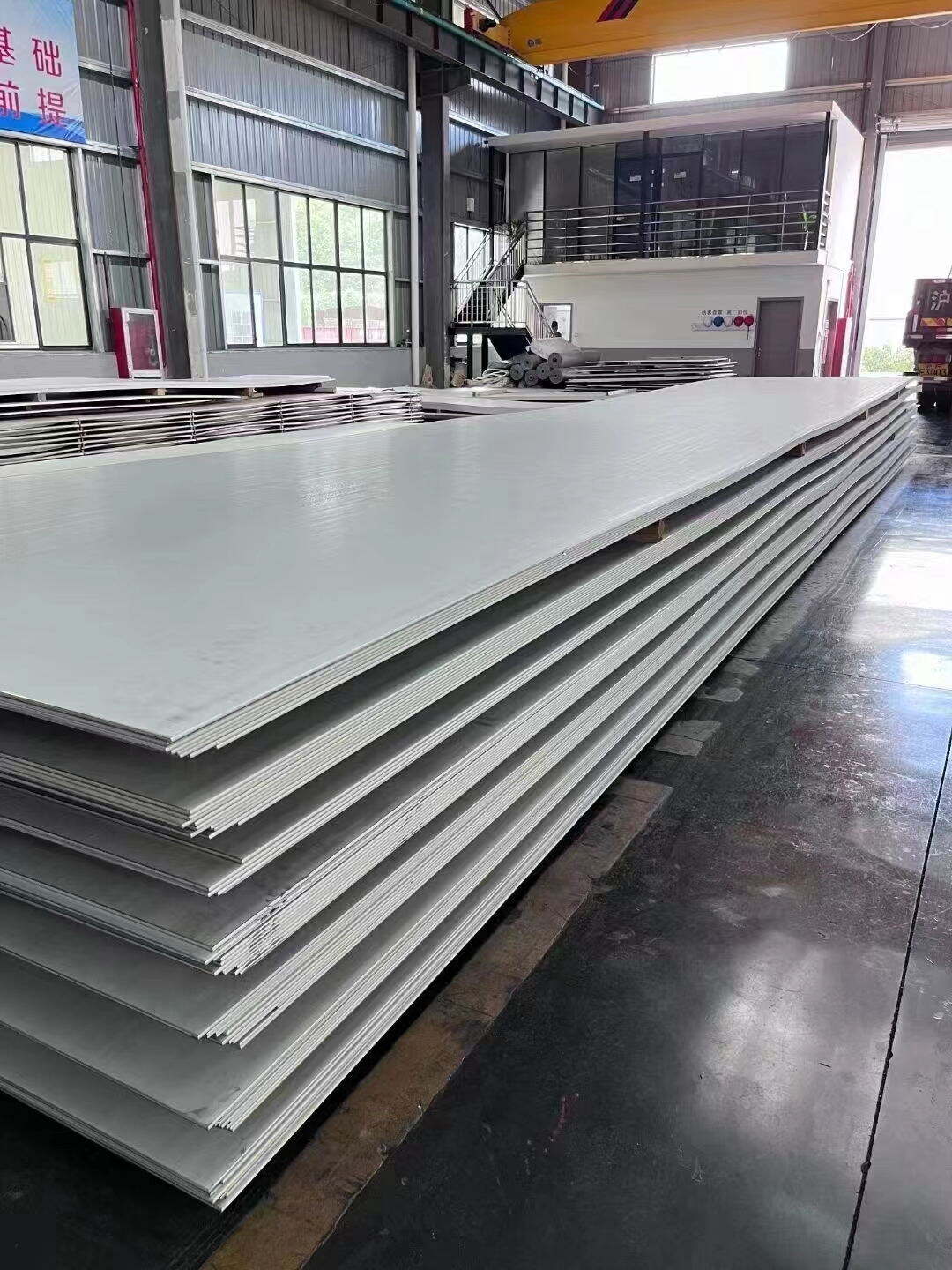316 seamless stainless steel tube
The 316 seamless stainless steel tube represents a premium-grade industrial component manufactured through advanced metallurgical processes. This high-performance tubing is crafted without any welding seams, ensuring superior structural integrity and reliability. The grade 316 designation indicates an austenitic chromium-nickel steel enhanced with molybdenum, which provides exceptional resistance to corrosion, particularly in harsh chemical and marine environments. These tubes are manufactured through a sophisticated hot extrusion process, followed by precise cold drawing to achieve exact dimensional specifications. The seamless construction eliminates potential weak points commonly associated with welded tubes, making them ideal for high-pressure and high-temperature applications. The material's chemical composition typically includes 16-18% chromium, 10-14% nickel, and 2-3% molybdenum, resulting in outstanding mechanical properties and corrosion resistance. These tubes find extensive applications across various industries, including chemical processing, pharmaceutical manufacturing, marine equipment, food processing, and offshore oil and gas operations.


